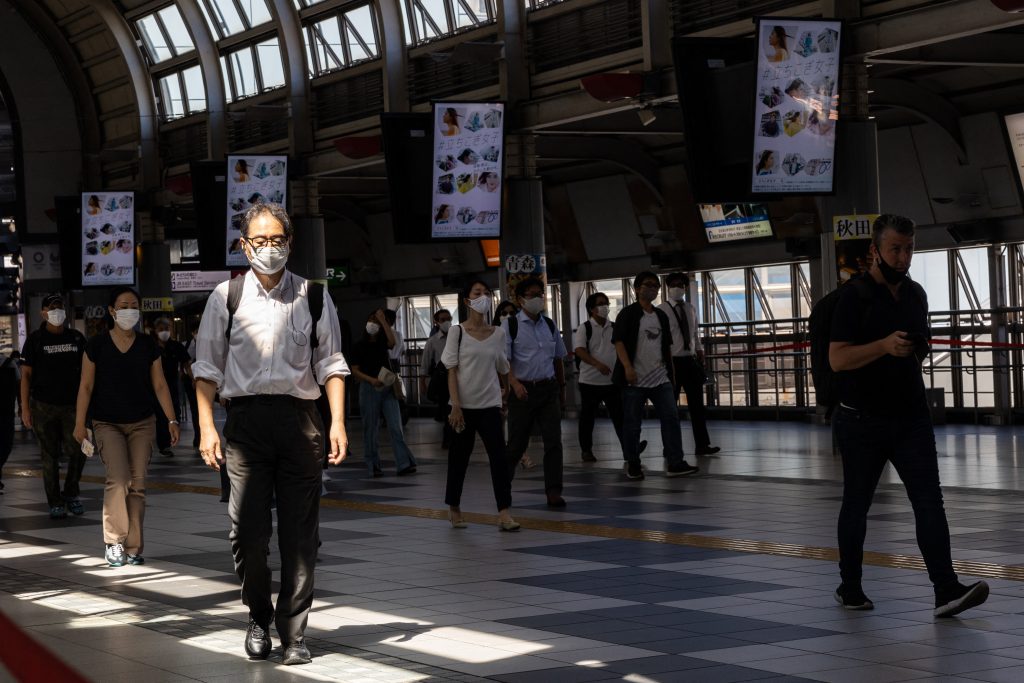
- ARAB NEWS
- 16 Jun 2025

TOKYO: Japan’s COVID-19 infection numbers have been remarkably low, averaging just over 100 in the last week, but apart from almost universal mask-wearing there has been little evidence to explain the low infection rate in this country of 125 million.
Japanese media are now reporting that a genetic feature linked to white blood cells may be the reason why Japanese people are less susceptible to the virus.
A study by Japan’s Riken research institute suggests that most Japanese have an inherited component of the immune system that can more effectively kill coronaviruses, including the one that causes COVID-19.
The Riken study centers on “killer” T cells, part of the immune response when a virus invades the body. These cells seek out and destroy virus-infected cells. Human leukocyte antigens andproteins located on the surface of white blood cells, play a key role in the body’s defense mechanism that activates T cells.
The human leukocyte antigens HLA-A24 is found in about 60% of ethnic Japanese people but only in about 10% to 20% of Europeans and North Americans.
When a peptide called QYI derived from the SARS-CoV-2 virus’s spike protein was introduced to blood samples from donors with HLA-A24, killer T cells in the samples responded by multiplying. It’s a signal to the body’s immune system that it needs to initiate protective action.
The study concluded that in people with HLA-A24, killer T cells that remember past infections with seasonal coronaviruses also mount an immune response against the virus that causes COVID-19.